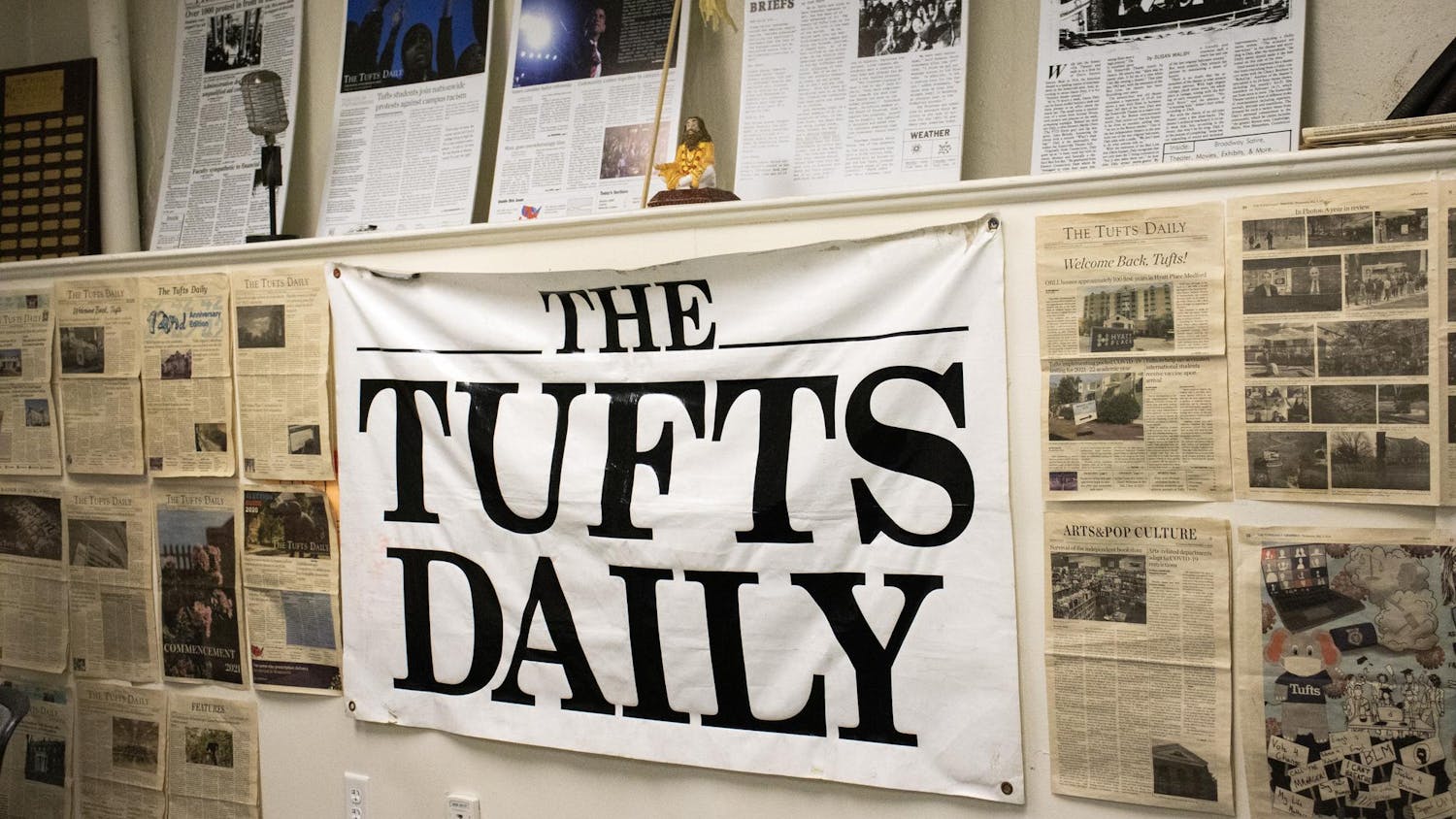Yesterday, I wrote an op-ed documenting the outrage and controversy surrounding Indiana’s Religious Freedom Restoration Act (RFRA). The law prevents the government from impeding a person's religious rights unless it has a compelling government interest and is acting in the least intrusive way possible. While RFRA laws have been enacted for decades, including another one recently in Arkansas, Indiana’s law significantly expands on past statutes by allowing people to use religious liberty as a defense in suits involving private individuals and companies, rather than just the government.
The reaction to Indiana’s law has been tremendous, with the LGBT movement drawing support from private companies like Angie’s List, businessmen like Apple CEO Tim Cook and sporting organizations like the NFL and NCAA.
What started as a backlash to a discriminatory bill, however, has become an ugly battle, with bad behavior on both sides. Clearly searching for a story, local TV reporters interviewed Crystal O’Connor, the co-owner of the openly Christian (there are crosses on the wall) Memories Pizza in Walkerton, Ind. When asked whether she would serve gays and lesbians, O’Connor said yes, but that, because of her religious beliefs, she would refuse to cater a gay wedding. A wave of outrage followed, with ugly comments on Yelp and protesting that has since caused the restaurant to close for good. This, of course, sparked a backlash to the backlash, with conservative supporters starting a GoFundMe page to support O’Connor and make a point about religious freedom. With an initial goal of $25,000, the fund has raised over $840,000 in three days, with donations from more than 29,000 people.
The incident -- as well as Indiana and Arkansas’ religious freedom laws -- has created a public debate as to the rights of private business owner to withhold service under personal beliefs, when those beliefs verge on bigotry and the role of the state in these proceedings.
In the United States, federal anti-discrimination law provides for protected classes -- characteristics of a person which cannot be targeted for discrimination. These categories include race, religion, national origin, sex, citizenship, marital status and others.Currently, 22 states plus Washington, D.C. and Puerto Rico outlaw discrimination based on sexual orientation, and 19 states plus Washington, D.C. and Puerto Rico outlaw discrimination based on gender identity or expression. Indiana and Arkansas do not protect against either.
However, these laws do provide the framework for understanding what counts as “discrimination” under the law. Conservatives have raised the fact that Indiana’s law allows business owners or landlords to refuse service to a Neo-Nazi or a white supremacist.Nazism and white supremacy, however, aren’t protected groups. Indiana governor Mike Pence has signified his intent to clarify the law to prohibit discrimination, including on the basis of sexual orientation. However, currently Indiana’s law serves to allow discrimination under the pretense of religious freedom against groups that aren’t protected federally. That includes, chiefly, gay and lesbian people.
There seems to be a greater debate at play here. In the past decade, the gay rights movement has progressed faster than any other civil rights movements in history. A 2001 Pew Research poll showed that Americans opposed same-sex marriage by a 57 percent to 35 percent margin. Today, a majority of Americans (52 percent) support same-sex marriage, compared with 40 percent who oppose it. The amount of people who support same-sex marriage has grown exponentially in nearly every category, from Christians, to Republicans to the elderly. Of course, the gay rights movement does not begin and end with marriage equality, but the outrage to Indiana’s highly technical law alone demonstrates how public support has swelled around gay rights.
With such rapid changes in public opinion, it is easy to see how some may have been left behind. Store owners like Crystal O’Connor simply see their decisions as a product of their religious beliefs. Inherent in their reactions, and in RFRA laws in general, is a sense that the tide of history is against them. “Just 10 years ago, this wasn’t an issue,” they must think. “Now I’m a bigot for my beliefs?”
In some ways, this mindset is understandable. But history has shown that civil rights movements cannot wait for those more entrenched in their ideologies to catch up. During the African-American civil rights movement, the Brown v. Board of Education decision declared the system of legal segregation unconstitutional. The Supreme Court ordered the states to end segregation with “all deliberate speed.” However, “all deliberate speed” became “all deliberate obstruction,” and the the vagueness about how to enforce the ruling gave segregationists the opportunity to organize resistance.
The same could be said for "Don’t Ask, Don’t Tell" legislation, and the stance of the military on gays serving in the military. Military officers often claimed that allowing gay soldiers to serve openly would disrupt the cohesiveness of military units. They said that allowing black people to serve would disrupt the unit too. Guess what? The unit adjusted.
The gay rights movement cannot allow conservatism to stand in the way of progress. As a group of people who have been historically discriminated against, however, they must remember where the real problems of society lie. Crystal O’Connor is wrong for refusing to cater gay weddings, but she is not the chief problem -- Indiana’s RFRA law is, and gay rights supporters who helped shut down Memories Pizza undermined the great work they did combating a discriminatory law. Business owners should not be allowed to discriminate against gays under the basis of religious freedom, but, similarly, not every person who opposes gay marriage should be sued, or have their business shut down. At least until every state has enacted gay rights anti-discrimination laws, Crystal O’Connor is not the enemy.
More from The Tufts Daily





